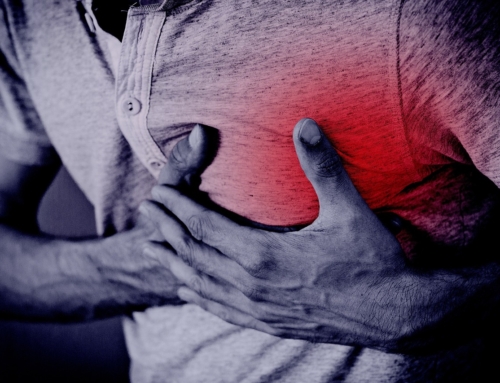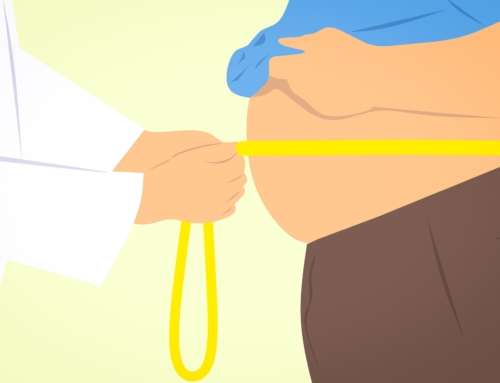The recent outbreak of E. Coli has raised renewed awareness of the importance of food safety. In case you haven’t heard, there has been a large outbreak of E. Coli with Romaine lettuce. Almost 100 people in 22 different states have been affected. Originally they were saying it is only from romaine from the Yuma region in Arizona but this is so widespread investigators are looking for another source.
So, let’s look at some foodborne illnesses you should to be aware of.
E. Coli
E. Coli is typically found in raw meats or fresh vegetables tainted during the growth and processing phases. It’s so dangerous because it binds to the walls of blood vessels, and can lead to serious kidney failure or stroke.
E. Coli is typically found in raw meats or fresh vegetables tainted during the growth and processing phases. It’s so dangerous because it binds to the walls of blood vessels, and can lead to serious kidney failure or stroke.
Safety: Cook meat thoroughly to 160°F with no pink in the center, though even then, it can be elusive to kill. It’s the same story on produce: difficult to kill, but cooking can help. Don’t chance it when there is a known outbreak.
Symptoms: Severe abdominal cramps, watery diarrhea, and vomiting. Occurs several days after exposure.
Symptoms: Severe abdominal cramps, watery diarrhea, and vomiting. Occurs several days after exposure.
Listeria
Listeria is a bacteria that can contaminate fresh produce, and some unpasteurized dairy. Scrub raw produce, especially the outsides of cantaloupe, etc., and dry before cutting.
Listeria is a bacteria that can contaminate fresh produce, and some unpasteurized dairy. Scrub raw produce, especially the outsides of cantaloupe, etc., and dry before cutting.
Safety: Store in a fridge below 40°F. Buy pasteurized dairy products, especially if elderly or pregnant.
Symptoms Fever, muscle aches, upset stomach or diarrhea. Occurs 2 days to 2 months after exposure.
Symptoms Fever, muscle aches, upset stomach or diarrhea. Occurs 2 days to 2 months after exposure.
Salmonella
Salmonella is also a bacteria that can affect any food. It has been found in chicken eggs before the shell forms, so even clean, fresh eggs may harbor it. Other foods include fresh produce, raw meat (turkey, beef, pork, lamb, etc.), and processed foods. (Remember the peanut butter outbreak years ago?)
Salmonella is also a bacteria that can affect any food. It has been found in chicken eggs before the shell forms, so even clean, fresh eggs may harbor it. Other foods include fresh produce, raw meat (turkey, beef, pork, lamb, etc.), and processed foods. (Remember the peanut butter outbreak years ago?)
Safety: Don’t eat raw or lightly cooked eggs. Cook poultry to 165°F. Wash everything (hands, utensils, etc.) after handling. Heating foods to 165°F can kill Salmonella. Beef, pork, and lamb can be heated to 145°F. Do not eat any recalled foods. Don’t leave food out in high heat in the summer.
Symptoms: Stomach cramps, fever, diarrhea 12-72 hours after exposure. Symptoms typically last about 4-7 days.
Symptoms: Stomach cramps, fever, diarrhea 12-72 hours after exposure. Symptoms typically last about 4-7 days.
Botulism
Thank goodness this is rare but when it happens it is debilitating, and potentially fatal. Culprits are typically home-canned or improperly preserved foods (especially canned). Oh, and let’s not forget probably the most common source…BOTOX! Yes, botox can cause botulism, and there are a surprising number of cases of this. So if you get botox and start having these symptoms, go to the ER or call your doctor immediately for the anti-serum as it must be administered within the first few days of exposure.
Thank goodness this is rare but when it happens it is debilitating, and potentially fatal. Culprits are typically home-canned or improperly preserved foods (especially canned). Oh, and let’s not forget probably the most common source…BOTOX! Yes, botox can cause botulism, and there are a surprising number of cases of this. So if you get botox and start having these symptoms, go to the ER or call your doctor immediately for the anti-serum as it must be administered within the first few days of exposure.
Safety: Throw away bulging cans, leaking jars, or foul-smelling preserved foods. Sterilize home-canned foods by cooking to 250°F for at least 30 minutes. Avoid honey in children under the age of 12 months.
Symptoms: Cramps, vomiting, double vision, weakness, paralysis, and difficulty breathing . This is a medical emergency so call 911.
Symptoms: Cramps, vomiting, double vision, weakness, paralysis, and difficulty breathing . This is a medical emergency so call 911.
Bottom line
Clean all your food inside and out before cutting. Clean your utensil and counter tops after preparing any food, and always wash your hands well after handling. Know which foods have a higher risk when eaten raw, and cook these when possible. Avoid rare meats, and if you do eat them have a higher awareness for symptoms.









